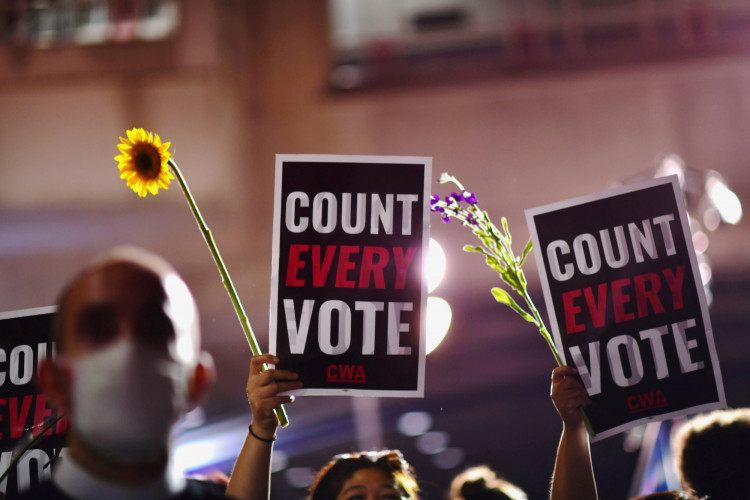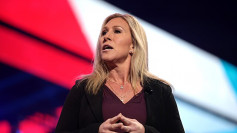As the 2024 presidential election approaches, the issue of noncitizen voting has emerged as a key talking point for Republicans, who argue that stricter legislation is necessary to protect the integrity of the electoral process. Democrats, on the other hand, dismiss these concerns as a dangerous distraction meant to sow doubt and lay the groundwork for potential election challenges.
Despite the fact that voting by noncitizens is already illegal in federal elections and there is no evidence of it occurring in significant numbers, Republican lawmakers at both the federal and state levels are pushing for additional measures. In Congress, Republicans are advocating for the SAVE (Safeguard American Voter Eligibility) Act, which would require proof of citizenship during voter registration. Meanwhile, at least six states have placed noncitizen voting measures on the November ballot, with more considering similar moves.
During a recent hearing on the topic, House Administration Committee Chair Rep. Bryan Steil (R-WI) declared, "American elections are for American citizens, and we intend to keep it that way." Democrats on the committee, however, accused their Republican colleagues of focusing on a "nonissue" as part of a strategy with former President Donald Trump to cast doubt on the upcoming election.
Rep. Joe Morelle (D-NY), the committee's top Democrat, stated, "It appears the lesson Republicans learned from the fiasco that the former president caused in 2020 was not 'Don't steal an election' - it was just 'Start earlier.' The coup starts here. This is where it begins."
The renewed attention on noncitizen voting gained momentum earlier this year when Trump began suggesting, without evidence, that Democrats were encouraging illegal migration to the U.S. to register new voters. When pressed for proof of this crime, Republican leaders have struggled to provide concrete examples.
House Speaker Mike Johnson (R-LA) admitted during a news conference, "The answer is that it's unanswerable. We all know, intuitively, that a lot of illegals are voting in federal elections, but it's not been something that is easily provable."
Election administration experts, however, maintain that the number of noncitizens voting in federal elections is not only provable but has been shown to be infinitesimal. While there have been isolated cases of noncitizens illegally registering and casting ballots over the years, states have mechanisms in place to catch and address such instances.
David Becker, founder and executive director of the Center for Election Innovation and Research, noted that voters must confirm their citizenship under penalty of perjury when registering to vote and provide identification such as a Social Security number or driver's license. "What they're asking for is additional proof," Becker said of Republicans pushing for stricter laws. "Why should people have to go to multiple government agencies and have them ask, 'Show us your papers,' when they've already shown them?"
Democrats argue that adding more ID requirements could disenfranchise eligible voters who may not have easy access to their birth certificates or Social Security cards. Republicans counter that the extra step could provide an additional layer of security and boost voter confidence in the system.
The national focus on noncitizen voting has also drawn attention to a related but distinct issue: a small number of local jurisdictions, such as San Francisco and Washington, D.C., allowing immigrants who are not citizens to vote in certain local contests. While the number of noncitizen voters in these cases has been minimal, some state lawmakers are introducing ballot measures to prevent cities from implementing such policies in the future.






